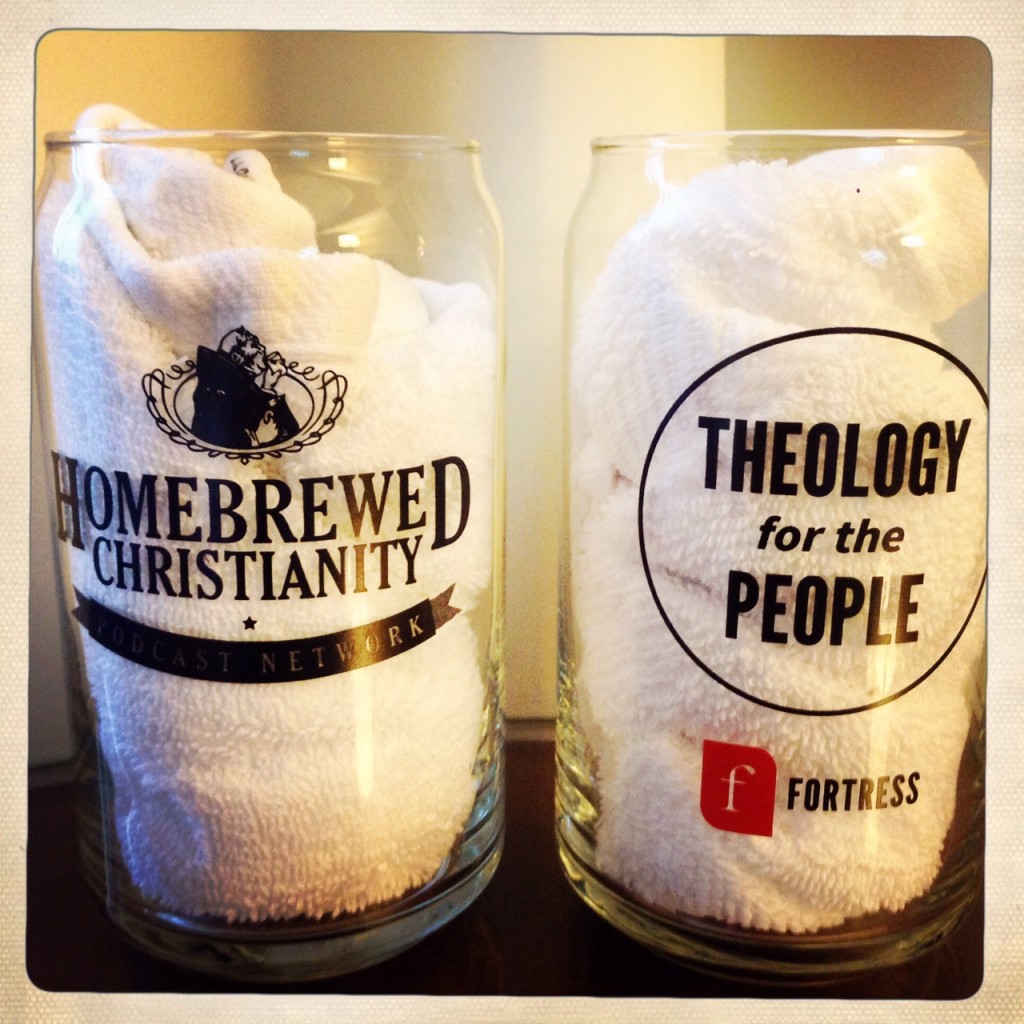I read a lot of religious non-fiction. I write it, and I read it. Most of what I read, however, is assigned — it’s part of a class I’m teaching, or for the Patheos Book Club, or for a book I’ve been asked to endorse.
But there are three books that I’d like to read before the year ends. I’m going to read them, in this order, and I invite any of you to join me and read them, too. I’ll probably write one or two posts on each, and I’ll be a better reader (and more accountable) if I read them in community with you, the commenters and fellow bloggers, tweeters, and Facebookers.
The King Jesus Gospel: The Original Good News Revisited by Scot McKnight
Contemporary evangelicals have built a ‘salvation culture’ but not a ‘gospel culture.’ Evangelicals have reduced the gospel to the message of personal salvation. This book makes a plea for us to recover the old gospel as that which is still new and still fresh. The book stands on four arguments: that the gospel is defined by the apostles in 1 Corinthians 15 as the completion of the Story of Israel in the saving Story of Jesus; that the gospel is found in the Four Gospels; that the gospel was preached by Jesus; and that the sermons in the Book of Acts are the best example of gospeling in the New Testament. The King Jesus Gospel ends with practical suggestions about evangelism and about building a gospel culture.
The Bible Made Impossible: Why Biblicism Is Not a Truly Evangelical Reading of Scripture by Christian Smith
Biblicism, an approach to the Bible common among some American evangelicals, emphasizes together the Bible’s exclusive authority, infallibility, clarity, self-sufficiency, internal consistency, self-evident meaning, and universal applicability. Acclaimed sociologist Christian Smith argues that this approach is misguided and unable to live up to its own claims. If evangelical biblicism worked as its proponents say it should, there would not be the vast variety of interpretive differences that biblicists themselves reach when they actually read and interpret the Bible.
Sweet Heaven When I Die: Faith, Faithlessness, and the Country In Between by Jeff Sharlet
No one explores the borderlands of belief and skepticism quite like Jeff Sharlet. He is ingenious, farsighted, and able to excavate the worlds of others, even the flakiest and most fanatical, with uncanny sympathy. Here, he reports back from the far reaches of belief, whether in the clear mountain air of “Sweet Fuck All, Colorado” or in a midnight congregation of urban anarchists celebrating a victory over police.
From Dr. Cornel West to legendary banjo player Dock Boggs, from the youth evangelist Ron Luce to America’s largest “Mind, Body, Spirit Expo,” Sharlet profiles religious radicals, realists, and escapists. Including extended journeys published here for the first time, Sweet Heaven When I Die offers a portrait of our spiritual landscape that calls to mind Joan Didion’s classic Slouching Towards Bethlehem.











